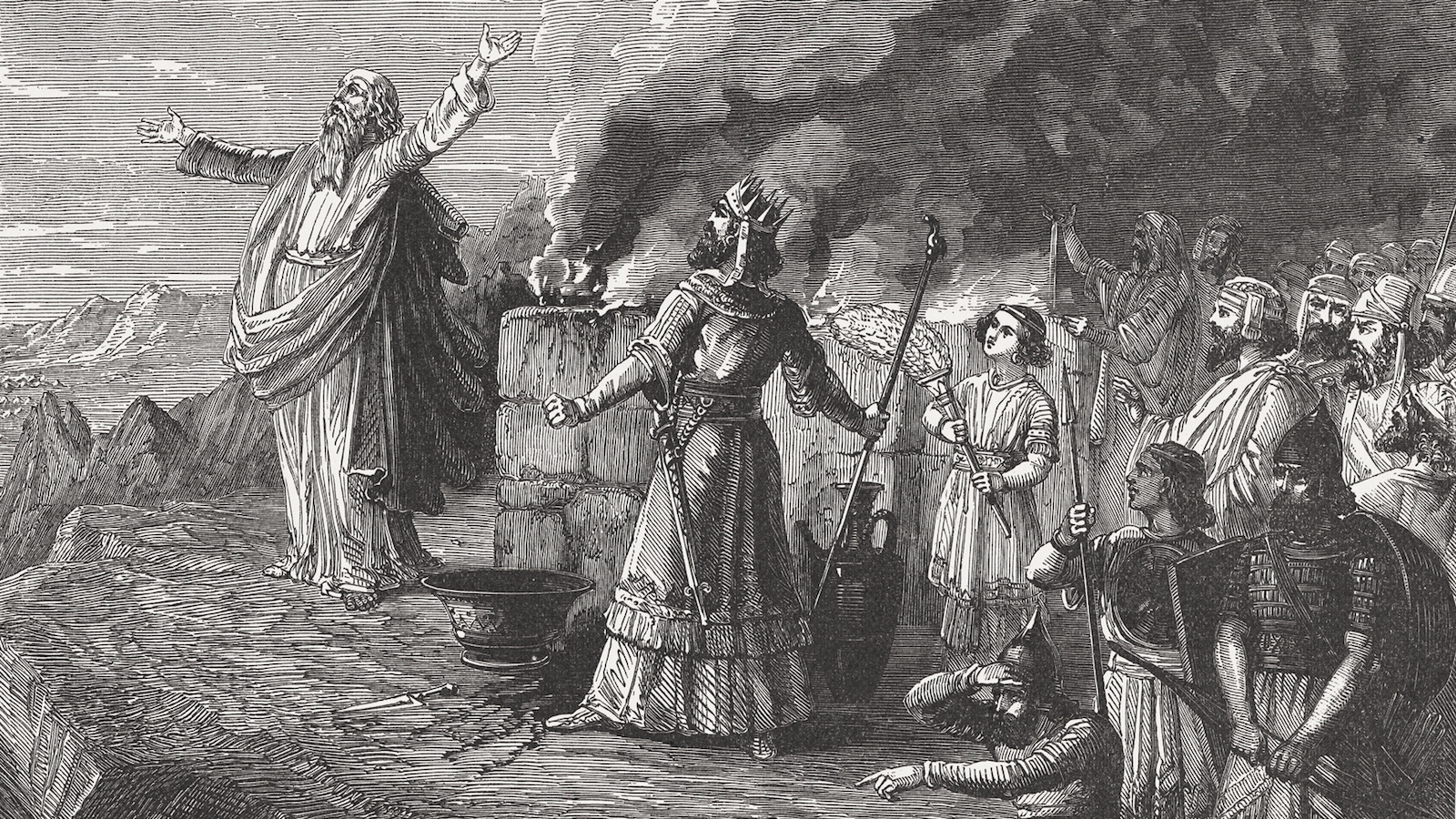Commentary on Parashat Vayikra, Leviticus 1:1-5:26
Reading the book of Leviticus is, for me, like looking at photos of my great-grandparents: recognizable and yet strange. Certain features distinguish the figures as my family, but the likeness ends there–dressed in brimless caps and caftans, with unsmiling expressions, they are clearly from another place and time. In many ways, I have more in common with a stranger today than I do with them.
Likewise, the book of Leviticus is also both familiar and strangely foreign. The book opens with passages such as this (Leviticus 1:15): “The priest shall bring [the turtledove] to the altar, pinch off its head, and turn it into smoke on the altar…”
Naturally, in their earliest phases, these passages served as a written instruction manual (literally, a Torah) for the Levitical and Priestly castes, recording their sacred rites for Jews to follow for all eternity.
This worked beautifully until the destruction of the Temple. The Jewish community then had to decide what to do with 27 chapters worth of sacred rites that it could no longer perform. Having no Temple and no functioning priesthood, the turtledoves of the world could rest easy.

Help us keep Jewish knowledge accessible to millions of people around the world.
Your donation to My Jewish Learning fuels endless journeys of Jewish discovery. With your help, My Jewish Learning can continue to provide nonstop opportunities for learning, connection and growth.
Holding on to Vayikra
The early generations of post-Temple Jews kept those laws in the sacred canon partially out of hopeful nostalgia–may we merit the reinstatement of the Temple sacrifices, they might have said, and meanwhile, keep studying so as not to forgot how.
Other dedicated students of Vayikra asserted that the merit that Israel earned through pinching off the turtledove’s head could be earned, as it were, virtually: the study of the thing could be tantamount to the performance of the thing itself.
Later phases of Jewish development seized on the creative drash: expounding upon biblical verses to derive powerful and inspiring messages. Eventually, Hasidic philosophers of the 18th and 19th centuries derived spiritual, mystical, and practically applicable lessons from the very same texts.
Nearly 2000 years have passed since the last turtledove’s blood was wrung against the altar walls, and we are still forced to acknowledge that, interesting as they may be, these verses are relevant almost exclusively through creative hermeneutics. We may look to Vayikra for inspiration. We may find its details somewhat disturbing. But no matter our potential discomfort, one thing is certain for all of us–we would never remove these passages from the Torah.
For this, I am glad.
Not Ours To Discard
Jewish civilization, in its wisdom, knows that certain systems may need to be creatively encountered, but should never be discarded. From our limited human perspective, we are unable to know why the Divine Mind might have bothered to detail so explicitly the elements of a flour offering.
Yet we do know that we cannot strike it from the record any more than we should carelessly watch (or contribute) to the extinction of a tropical flower that has no apparent function–not because it might some day cure cancer, but because it is not ours to strike.
Whenever human beings encounter unfamiliar systems, we have the urge to reinvent them in our image. Only a generation or two ago, Europeans believed that the best way to help people in developing countries was to foist upon them European social and religious models. The world still pays for these misguided initiatives today.
With greater wisdom, and from a place of greater humility, we now recognize that the cultures of the Global South are, like any civilization–and like any ecosystem–ancient in their wisdom and continually developing and changing. If not for injustices perpetrated upon them, they may have fared better than we have.
In our attempts to address the wrongs we encounter in these cultures–as we empower disempowered women, share helpful agricultural practices, and support struggling minorities–we must walk a fine line.
How should we apply creative development strategies to villages in India, helping them to keep from being flooded by corporate development, without inadvertently undermining their own traditional leadership structures? How should we train nurses in clinics in Ghana without discrediting their deeply held spiritual beliefs and their traditional practices? How should we prevent the erosion of traditional oral histories in rural Kenya even while we provide children with education?
None of this is a mandate to withhold aid and support. That would be cruel, inhumane. Worldwide, needs exist, and more surface all the time. Rather, this suggests that every ancient system has endemic wisdom.
As we strive to understand, let us maintain a posture of humility and not arrogance. As we aim to aid, let us maintain a stance of partnership and not patronization. As we build relationships, let us be aware of even deeper likenesses below the surface. As I learn from pictures of my own ancestors, we all share a common story, and none of us is better off by forgetting any part of the past.
Provided by American Jewish World Service, pursuing global justice through grassroots change.



